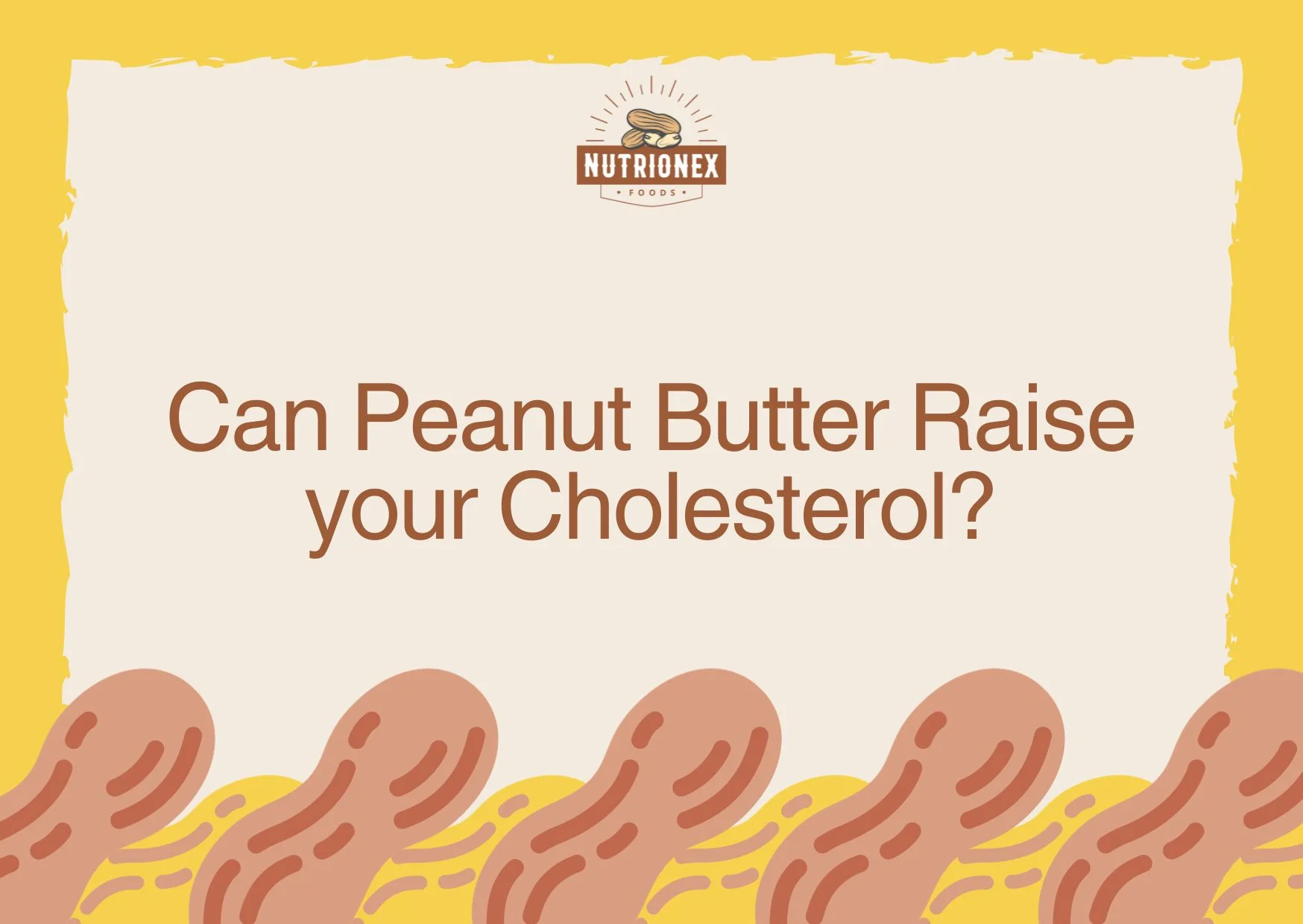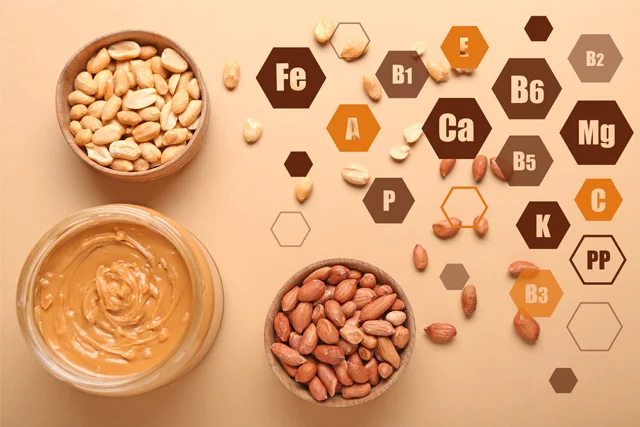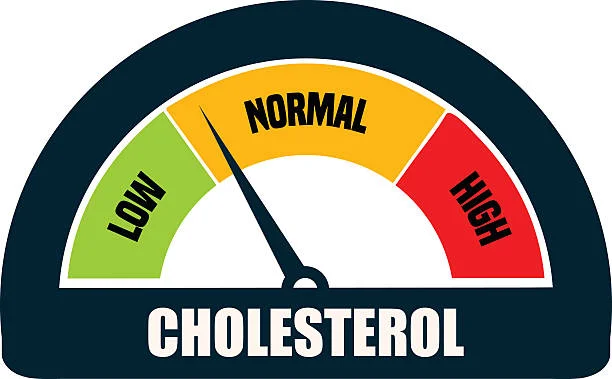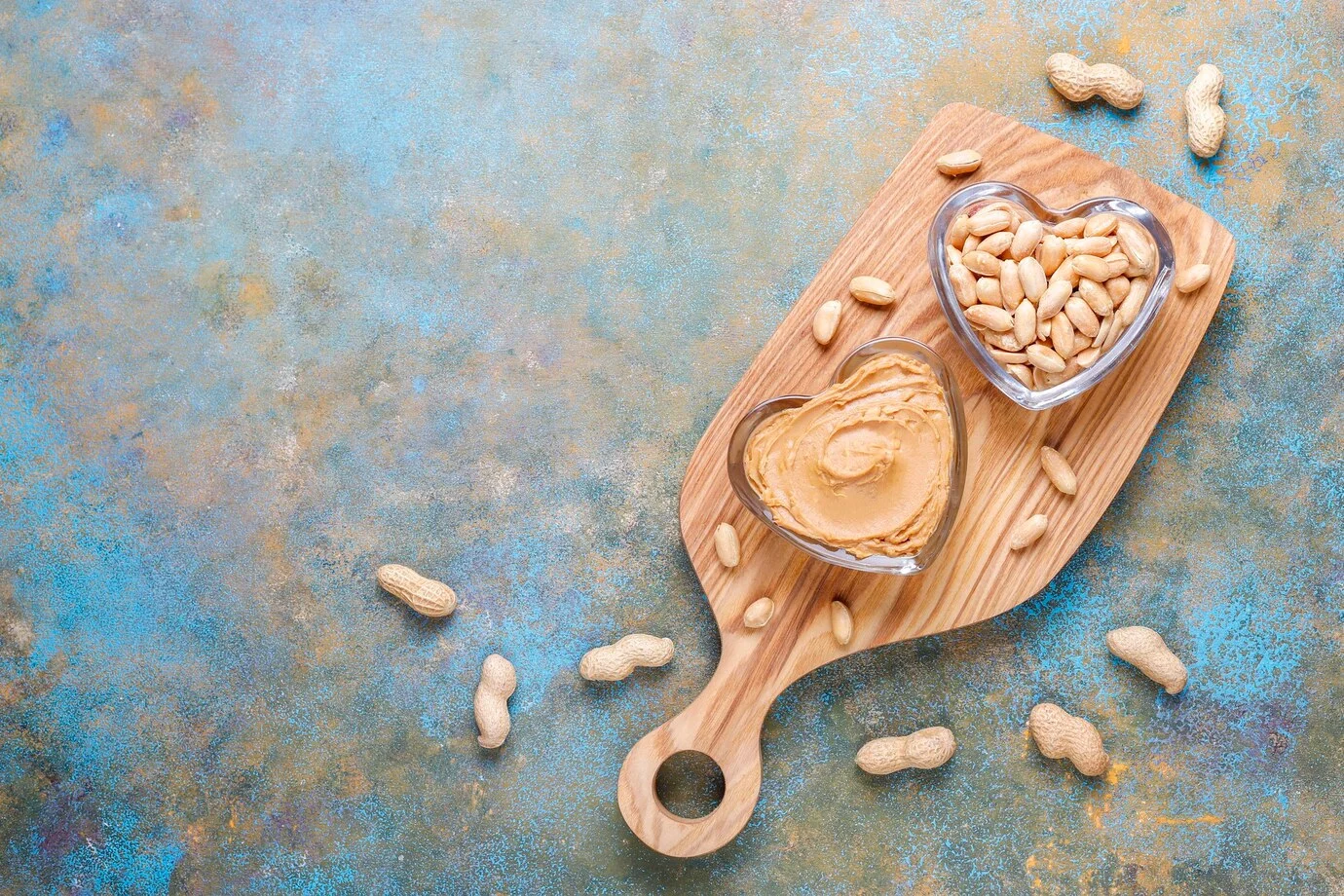
Can Peanut Butter Raise Your Cholesterol?
Have you been avoiding peanut butter lately? You’re not alone. Peanut butter has gotten a bad rap over the years for raising cholesterol levels. But before you swear off your peanut butter sandwich habit, you should know the real scoop. The truth is, eating peanut butter in moderation probably isn’t going to do a number on your cholesterol like you may have heard.
Peanut butter actually has some nutritional benefits when consumed properly. So don’t feel guilty about bulging your peanut butter craving—your cholesterol levels and your taste buds will thank you. Keep reading to find out why peanut butter deserves a place in a balanced diet and healthy cholesterol management plan.
The Nutritional Profile of Peanut Butter
Peanut butter is packed with nutrition, but will it raise your cholesterol? The short answer is no, in moderation. Here's why:
Peanut butter is high in healthy fats called unsaturated fats, especially monounsaturated fats. These fats can help lower LDL or "bad" cholesterol when consumed in place of saturated fats. A two-tablespoon serving of peanut butter contains 16 grams of fat, but only 2 grams are saturated.
Peanut butter also contains plant sterols, compounds that can help block cholesterol absorption in your gut. Consuming just 2-3 grams of plant sterols a day, which you'll get from two tablespoons of peanut butter, may lower LDL cholesterol by up to 15 percent.
While peanut butter does contain a decent amount of calories, it is quite nutritious. Two tablespoons provide 8 grams of protein and vitamins and minerals like niacin, vitamin E, magnesium, and phosphorus.
The one downside is that peanut butter can be high in sodium, with 200 milligrams or about 9 percent of your daily needs in two tablespoons. So choose an unsalted or low-sodium variety when possible.
The verdict? Peanut butter can absolutely be part of a healthy diet. Enjoy it in moderation by measuring out a serving size of one or two tablespoons and spreading it on whole grain bread, adding it to smoothies, or drizzling it over yogurt or oatmeal. Your heart and taste buds will thank you.
Does Peanut Butter Contain Cholesterol?
No, peanut butter does not contain cholesterol. Peanut butter is made from ground peanuts, which are legumes that are naturally cholesterol-free.
Peanuts, however, do contain a plant sterol called phytosterol that can help lower cholesterol. Phytosterols work by blocking the absorption of dietary cholesterol in your gut. Multiple studies show that consuming just 2-3 tablespoons of peanut butter a few times a week may help lower your LDL or “bad” cholesterol by up to 10% .
While peanut butter contains healthy fats, called unsaturated fats, it’s still high in calories. Two tablespoons contain about 190 calories and 16 grams of fat. So, even though it’s cholesterol-free and contains plant sterols, you still want to watch your portion sizes. As with anything, moderation is key.
Fats in Peanut Butter
Peanut butter contains mostly unsaturated fats, including monounsaturated fats and polyunsaturated fats like omega-6 fatty acids. These “good” fats can help lower heart disease risk when consumed in moderation and as part of a balanced diet. Saturated fat in peanut butter amounts to about 2 grams per 2 tablespoon serving, which is considered a small amount.
The high amount of unsaturated fats, especially monounsaturated fats, in peanut butter may help lower heart disease risk. Peanut butter also provides other heart-healthy nutrients like niacin, vitamin E, magnesium and resveratrol. The combination of all these compounds may be why moderate peanut butter consumption has been linked to a lower risk of heart disease.
So you can enjoy your peanut butter—just watch the portions and balance it out with a healthy diet and active lifestyle. Spread it on whole grain bread, add it to smoothies, or just dip your spoon in for a satisfying snack. Your heart and taste buds will thank you!
How Peanut Butter Can Impact Cholesterol Levels
Peanut butter contains healthy fats and protein, but it also has a lot of calories, so eating too much can negatively impact your cholesterol levels.
Peanut butter is high in heart-healthy monounsaturated fats and plant-based protein, which can actually help lower LDL or “bad” cholesterol when consumed in moderation. However, peanut butter is very energy-dense, meaning it packs a lot of calories in a small amount. Eating too much peanut butter, especially the full-fat kind, may raise your total cholesterol levels over time due to the extra calories and saturated fat.
The type of peanut butter matters too. Reduced-fat peanut butters, natural peanut butters with no added sugar, and peanut butters with added sterols or stanols designed to help lower cholesterol may have less of an impact on cholesterol levels. On the other hand, peanut butters with hydrogenated oil and lots of added sugar are more likely to negatively influence your cholesterol due to the extra unhealthy fats and calories.
As with many foods, moderation and portion control are key. The American Heart Association recommends limiting saturated fat to no more than 6% of your daily calories. For most people, this works out to about 13 grams per day. Two tablespoons of regular peanut butter contain about 16 grams of fat, including 3 grams of saturated fat.
So if you do enjoy peanut butter, stick to one or two tablespoons a few times a week as part of a balanced diet and exercise plan. Choosing a heart-healthy peanut butter and watching your portion sizes can help ensure your favorite spread doesn’t raise your cholesterol levels over time. The bottom line is that peanut butter can absolutely be part of a cholesterol-lowering diet when consumed in moderation and as part of an overall healthy lifestyle.
Conclusion
So there you have it. Peanut butter, despite its bad rap, won't raise your cholesterol or clog your arteries. In fact, it's packed with heart-healthy fats and other nutrients. The only thing you need to watch out for is going overboard with the portion sizes.
As with anything, too much of a good thing can be bad. But enjoying a couple tablespoons of peanut butter a few times a week as part of a balanced diet is absolutely fine and may even benefit your heart health. The rumors of peanut butter's cholesterol-raising effects have been greatly exaggerated. Now go spread the news - and spread some peanut butter on your morning toast! Your heart and taste buds will thank you.



